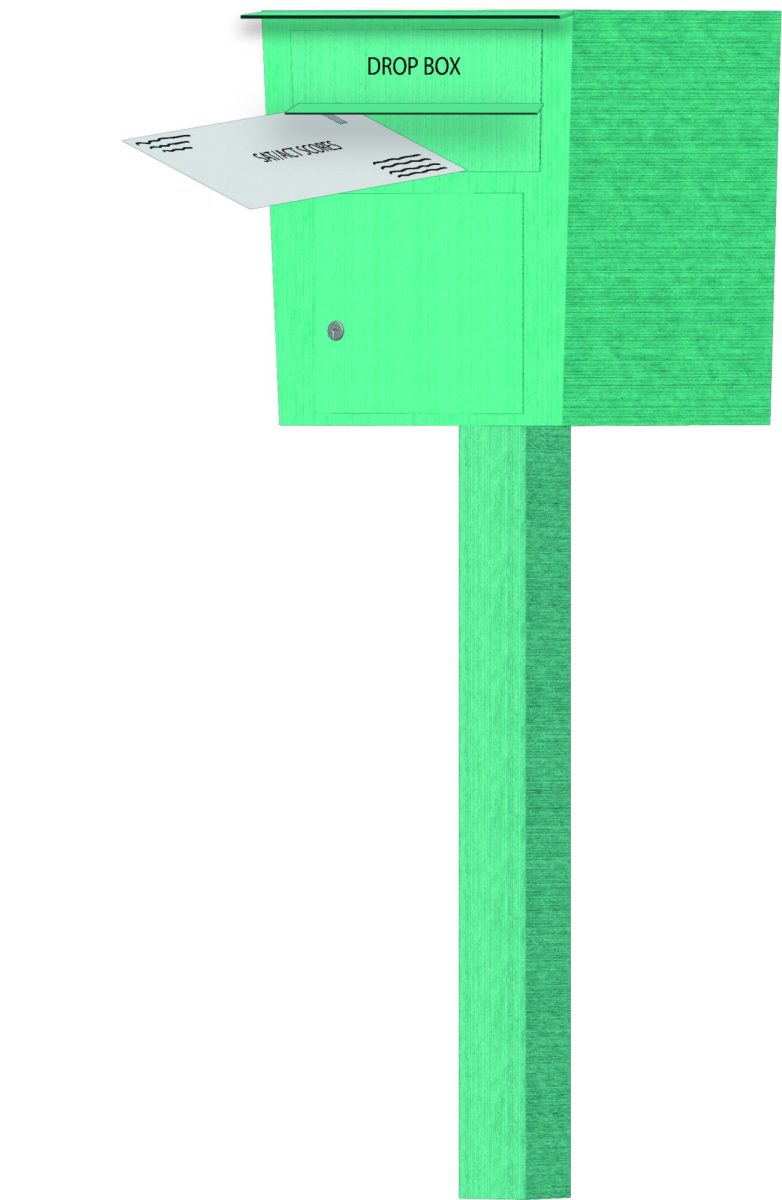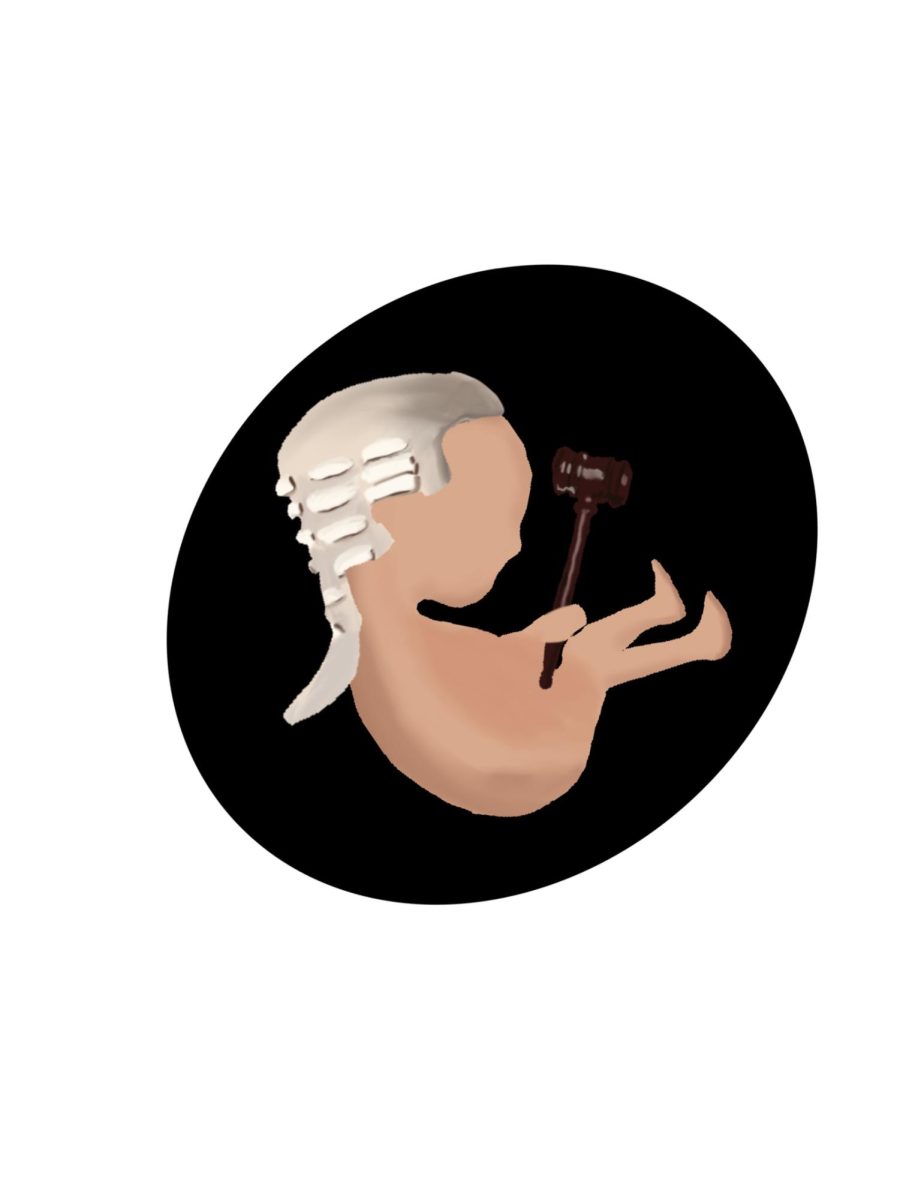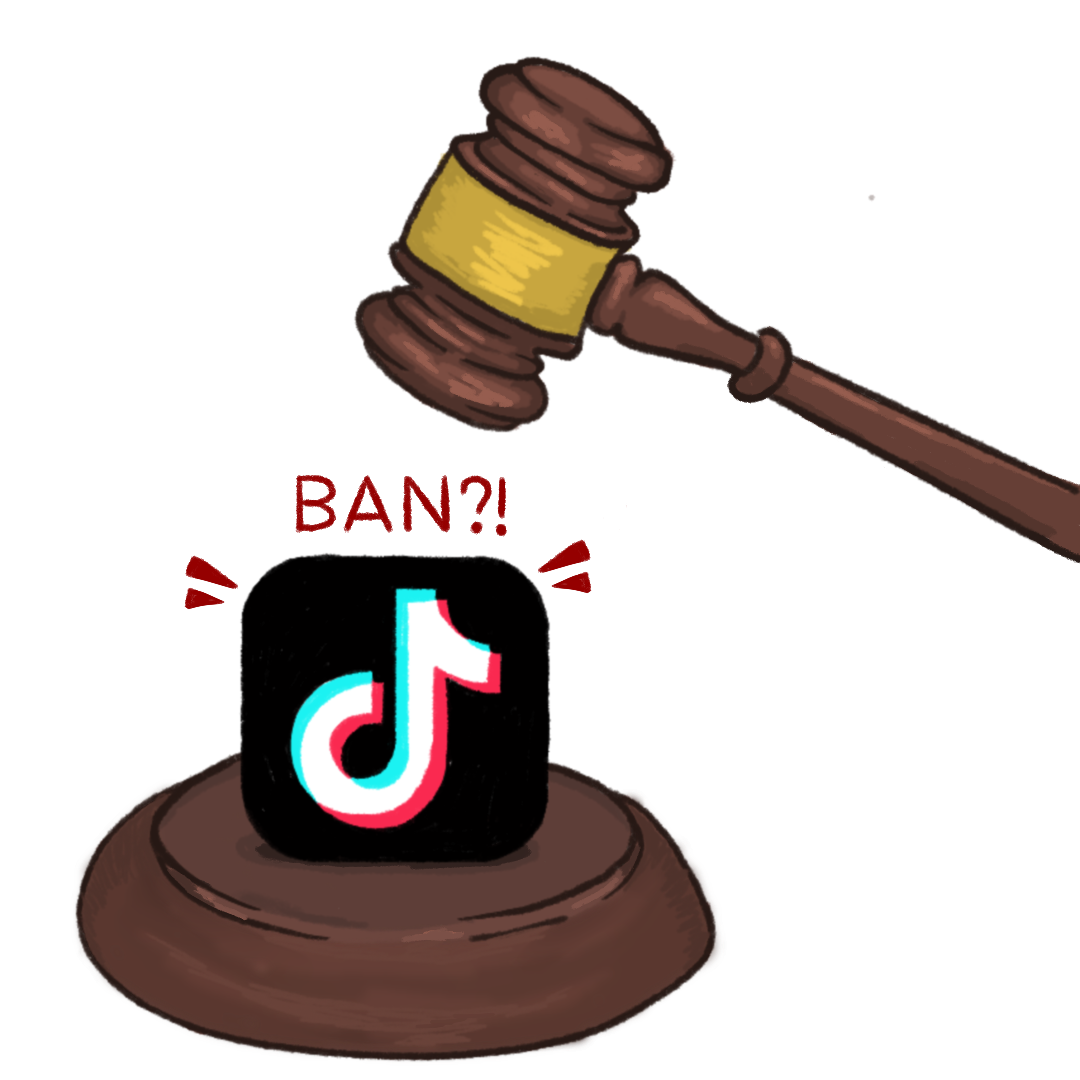Washington, D.C. – Following his recent efforts to restore full access to the Free Application for Federal Student Aid (FAFSA), U.S. Rep. Lloyd Doggett (D-TX), Ranking Member of the Ways and Means Tax Policy Subcommittee, is introducing the Equitable Student Aid Access Act, which would simplify the not-so-simple FAFSA. College Forward, a Texas-based nonprofit that coaches underserved students to collegiate success, recommended some elements of the legislation. Rep. Doggett said:
“Too many students find the FAFSA too complicated to complete, so they lose access to available financial aid, causing many to abandon college education. Students who failed to complete the FAFSA could have received millions in federal assistance. My bill, like my prior successful FAFSA legislation, is designed to take the next step in removing unnecessary obstacles to ease access to student financial aid. All students who qualify for Temporary Assistance for Needy Families, or food assistance through SNAP, for example, would be able to complete a shorter form FAFSA to access the full Pell Grant amount. The bill also codifies that the FAFSA is available earlier, in October, and broadens access by restoring the eligibility cap for the full Pell Grant to all of those with the qualifying family income level that applied through 2011.”
A key element of making FAFSA work now is the Data Retrieval Tool (DRT), which allows students to auto-populate required IRS tax information into their application. On March 3, the DRT was taken down with no warning less than two weeks before the FAFSA was due for aid in Texas. Rep. Doggett immediately urged the Internal Revenue Service (IRS) and Department of Education (ED) to resolve the problem, after which the IRS and ED released a joint statement explaining the shutdown. Rep. Doggett has now personally met with IRS Commissioner John Koskinen to ensure the DRT is fully and securely restored:
“Families depend on the DRT to obtain accurate tax information from prior years. Without it, students are more likely to err on their FAFSA, which could delay or deny aid. Commissioner Koskinen assured me that the DRT will be restored very soon. As I work on this new legislation, I will continue to actively monitor effective use of the existing system to ensure both data security and student accessibility.”
Background:
In addition to making statutory the DRT, the bill would also do the following:
It codifies two decisions: to make the form available earlier (in October, instead of January), which gives filers more time to complete the form. Second, to permit filers to use tax data from the “prior, prior year” – that is, the year before the previous one—giving filers and their families increased confidence in filling out the form correctly and quickly, because they can use tax information that was accepted by the IRS in the previous year.
Expand eligibility for the automatic full Pell Grant by including those whose families make less than $30,000, and allowing those who are enrolled in a federal means-tested benefit program, these include: Temporary Assistance for Needy Families, Supplemental Nutrition Assistance Program (SNAP), the Special Supplemental Nutrition Program for Women, Infants, and Children (WIC) or Supplementary Security Income (SSI), to skip the complicated questions about additional financial assets that often causes students and families to stop seeking aid altogether. Filers would be assured that upon completion of the form and enrollment in school, they will receive the maximum Federal Pell Grant, just $5,815 for the 2016-2017 year.
This Wall Street Journal article further describes the DRT’s outage, its impact, and Rep. Doggett’s efforts to restore it.











